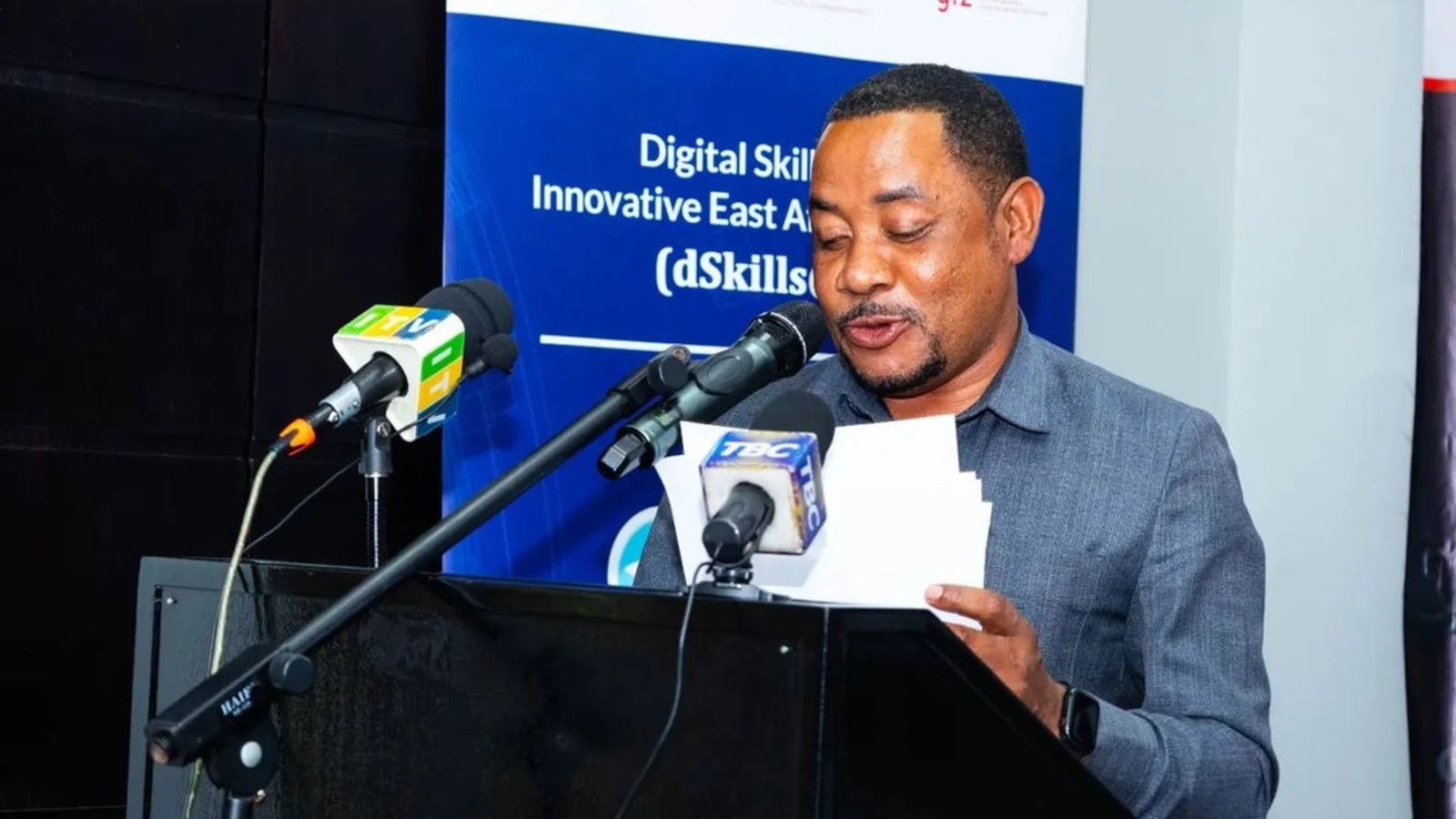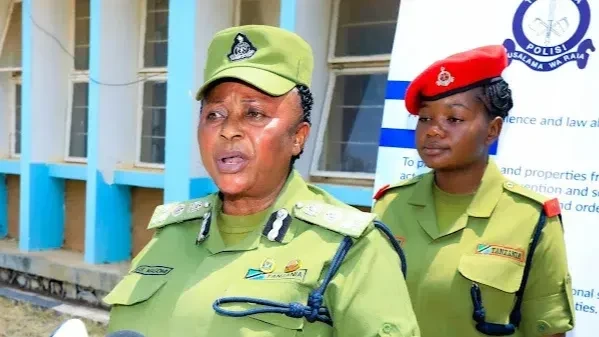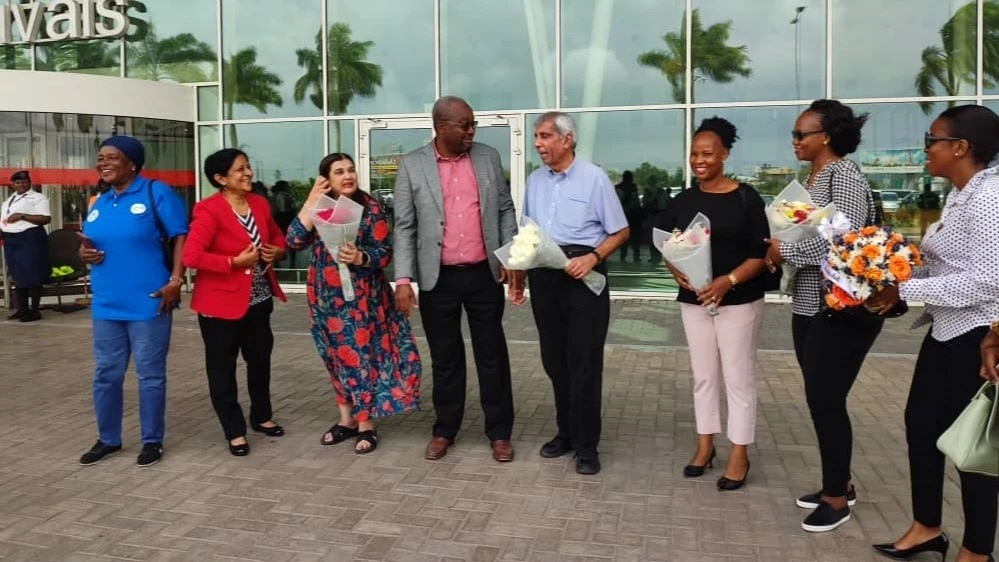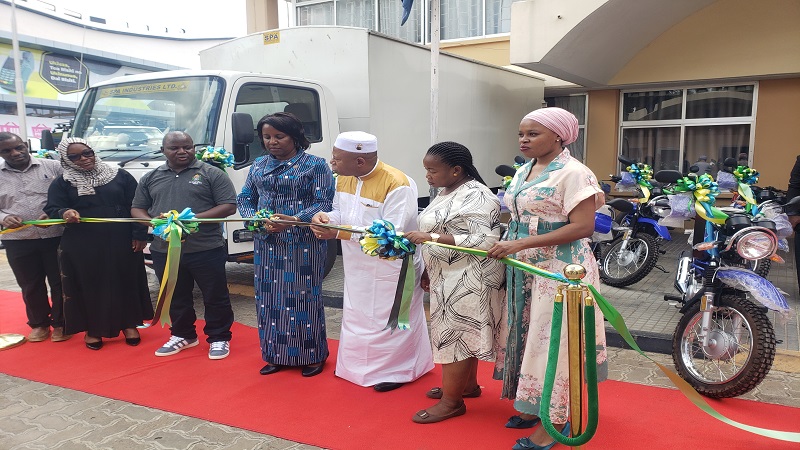‘Thousands of adults, out of school learners study again’

AN Education Sector Assessment (ESA, 2024) report under the Adult and Community Education Programme shows that 97,217 learners used 1,851 centres in 2023, where 39,789 men and 57,428 women attended.
Omar Kipanga, the Education, Science and Technology deputy minister, unveiled this expectation in the National Assembly here yesterday, responding to a supplementary question from Shally Raymond (Special Seats).
Under the basic education for out-of-school children, programme 57,843 students benefited, learning at 2,557 centres in 2023, with 32,141 boys and 25,702 girls.
Similarly, in the integrated post-basic education programme (IPPE) a total of 9,368 students were involved at 89 centres, while the integrated secondary education for out-of-school youth programme (IPOSA) had 42,183 youths learning at 85 centres.
In the alternative secondary education programme, 11,721 students turned up, with 5, 529 boys and 6,192 girls, enrolled for 2023 across 777 centres of which 160 are operated by local authorities and 617 are private centres, he stated.
The deputy minister explained that the government has come up with strategies to address illiteracy in the country, including establishing adult education departments at primary and secondary levels.
Based on the 2022 Population and Housing Census showing that 17 percent of Tanzanians are unable to read and write, the MP had asked what measures the government was taking to address illiteracy among some primary school leavers and other adults.
“Does the government not see the need to introduce evening literacy programmes for women in rural areas at their wards through community development officers?” she demanded.
In response, the deputy minister affirmed that following last year’s educational census and curriculum review, the government was setting up adult education departments in primary and secondary schools to tackle the problem.
The government is already providing life skills and entrepreneurship training at various levels, he said.
The MP had demanded the basic question of how many centres offer adult education and how many adults benefit from this educational initiative, to which the government said adult education was being enhanced through various programmes under the adult and non-formal education unit.
Top Headlines
© 2025 IPPMEDIA.COM. ALL RIGHTS RESERVED






















